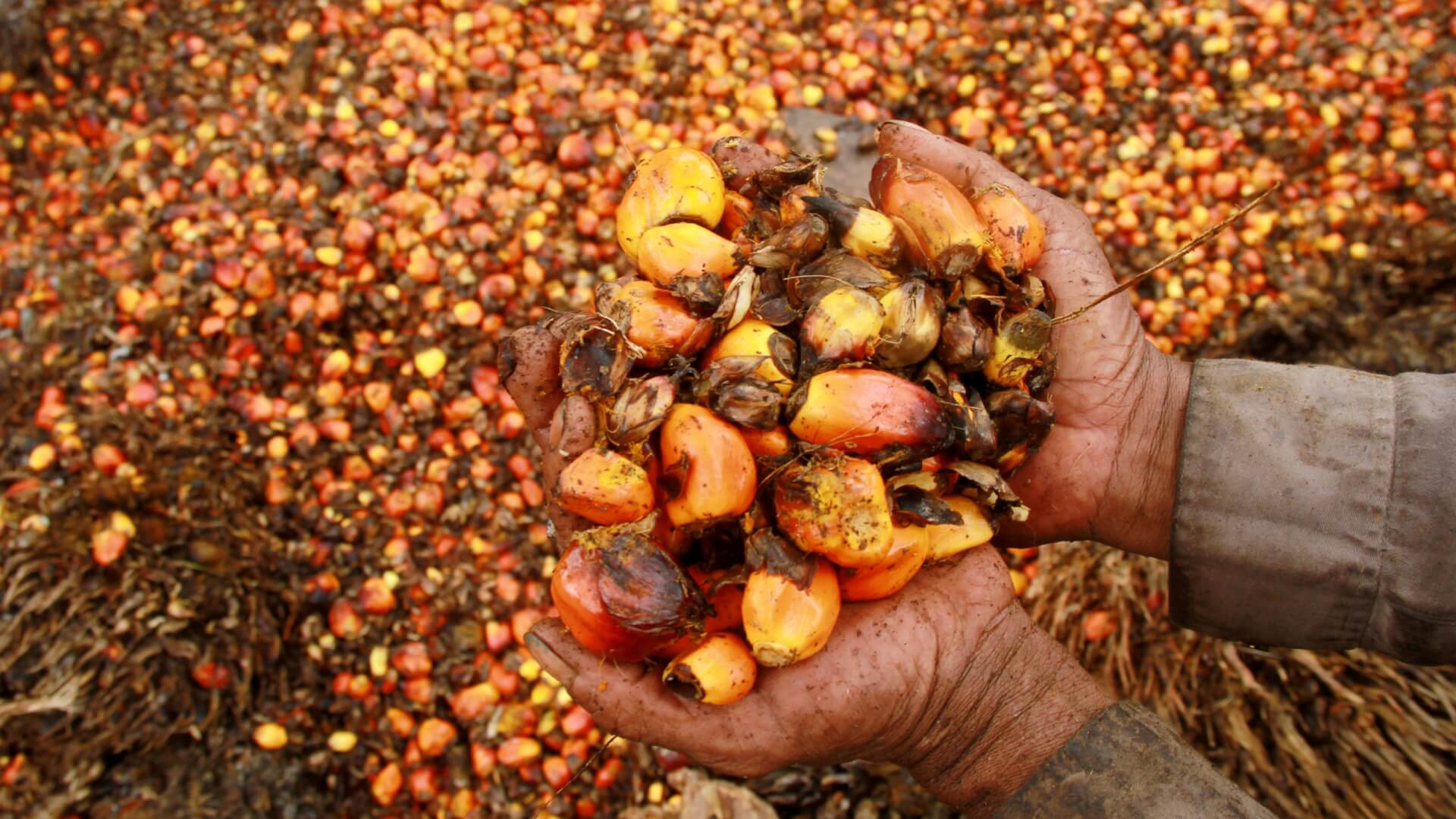Indonesian President Joko Widodo on Friday announced a ban on palm oil exports from April 28 until further notice, generating huge uncertainty in the international market regarding rising prices of the commodity.
The world’s top palm oil producer and exporter will pause overseas shipments of cooking oil and its raw material from April 28 in order to bring down domestic prices. The government is yet to specify what palm oil products would be affected by the ban. In a short video broadcast, Widodo added that the policy aims to ensure the availability of food products at home. “I will monitor and evaluate the implementation of this policy so availability of cooking oil in the domestic market becomes abundant and affordable,” he said.
Retail cooking oil prices in Indonesia have risen more than 40% due to weak domestic output. Previous efforts to control prices, including subsidies and an export restriction between late January and the middle of March, not only failed to lower prices but also exacerbated a rise in global prices. This prompted protests by students in several cities across Indonesia.
Indonesia banned its export of palm oil. Well, want to see its global market share of vegetable fats? Let's just say it dominates!!!
— Trinh (@Trinhnomics) April 25, 2022
So what? Food inflation higher and that makes those w/ higher food CPI weights vulnerable. I am thinking India. Malaysia gains from higher price. pic.twitter.com/YKPRACLfJw
Some politicians criticised the government’s export ban, arguing that it would hurt millions of small farmers. Meanwhile, economists have warned of the impact of huge losses to export earnings, given palm oil exports account for around $3 billion a month in revenue.
In contrast, Indonesia’s Oil Palm Farmers Union has backed the temporary measure, saying it is necessary to help ensure the supply and affordability of cooking oil in the domestic market. The Union also blamed palm oil companies for “forgetting their duty to fulfil domestic needs.” “We believe in measures taken by the president to ensure domestic supply of cooking oil,” its secretary-general Mansuetus Darto said in a statement.
*INDONESIA BANS EXPORTS OF EDIBLE OILS*
— Prashant Nair (@_prashantnair) April 23, 2022
- No timeframe on end of ban which is set to begin April-28
- Indonesia is the world’s largest producer/exporter of palm oil
- India is the world's largest palm oil importer heavily dependent on Indonesia & Malaysia
(1/2)
However, the move is expected to yield huge repercussions in the international market, particularly in India, the world’s largest importer of edible oils and the largest importer of palm oil and soyabean oil. India imports around 1.5 million tonnes of edible oil a month and imported 1.3 million tonnes in FY22. Notably, India’s import bill for edible oils in FY22 jumped to $18.25 billion (INR1.4 lakh crore), up 72% from $10.7 billion (INR 82,123 crore) in FY21.
“The Indonesian palm oil ban may result in a further immediate 10% jump in prices,” Atul Chaturvedi, President of the Solvent Extractors Association, told Reuters. He added that the ban will not only hurt Indian consumers, as palm oil is the world’s most consumed oil.
Indonesian President announces ban on export of palm oil. Major development that will hit commodity prices globally even as Russia Ukraine conflict continues to impact sunflower, Wheat prices. India & China are major importer of palm oil from Indonesia. https://t.co/i9zSWqXGFy
— Sidhant Sibal (@sidhant) April 23, 2022
Edible oil prices have skyrocketed in recent times. The lack of migrant labour in Indonesia and Malaysia during the COVID-19 pandemic further strained palm oil output for the better part of 2020 and 2021. This was further compounded by poor soya crop production in Argentina and crop damage in Canada and Europe last year, the world’s largest producers of canola oil.
To make matters worse, the Ukraine war has sent sunflower oil prices soaring. “(The) sky would be the limit for edible oil prices now. Buyers were banking on palm oil after sun oil supplies fell because of the Ukraine war. Now they (buyers) don't have any option as soy oil supplies are also limited,” a Mumbai-based dealer at a global trading firm said.
Indonesian palm oil exports have previously courted controversy for their detrimental environmental impact. The commodity, which is used in cosmetics, food products, shampoos, and biofuels, has faced severe scrutiny from activists as well as consumers, who hold commercial palm oil plantations responsible for forest loss, fires, and labour exploitation. Indonesia, in particular, is responsible for about half of the world’s palm oil supply and is the world’s top producer and consumer of the commodity. It has thus been accused of draining carbon-rich peatland forests, which makes these forests highly flammable. Fires ignited due to this draining are extremely hard to control and also release large amounts of greenhouse gases into the atmosphere.

